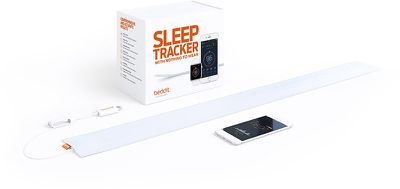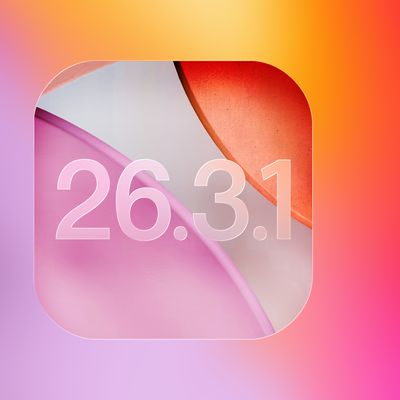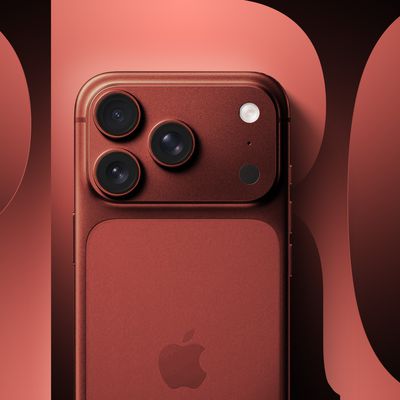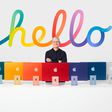Apple today received FCC approval for a nondescript "sleep monitor" in the United States. While much of the application is hidden due to a standard confidentiality agreement, one document reveals that the sleep monitor is "designed by Beddit in California" and has an all-new model number 3.5.

Simply put, this could end up being an all-new Beddit 3.5 sleep monitor that Apple will eventually release, but no further details are available. It could also be a modified version of the existing Beddit 3 sleep monitor.
Apple acquired Beddit, a company that develops health-related hardware, in May 2017 and continues to sell the Beddit 3 sleep monitor for $149.95 on its online store. The thin, flexible sensor is placed under the sheet on top of the mattress and automatically begins tracking sleep-related data when you lie down.

The data collected and analyzed includes sleep time and efficiency, heart rate, respiration, temperature, movement, snoring, room temperature, and room humidity. The data can be viewed in the Beddit app on iPhone and iPad.
Beddit technology is based upon a scientific principle known as ballistocardiography or BCG, described as an unobtrusive, non-invasive technique for measuring the mechanical activity of the heart, lungs, and other body functions:
Each time the heart beats, the acceleration of blood through the circulatory system generates a mechanical impulse that can be measured and analyzed. Throughout the night, Beddit tracks each individual heart beat and respiration cycle. Beddit's advanced analysis and machine learning algorithms adapt differently to each body type and provide detailed sleep data.
There has been hope that Apple's acquisition of Beddit could lay the foundation for first-party sleep monitoring on the Apple Watch, but this FCC application does not appear to be related to the Apple Watch.




















